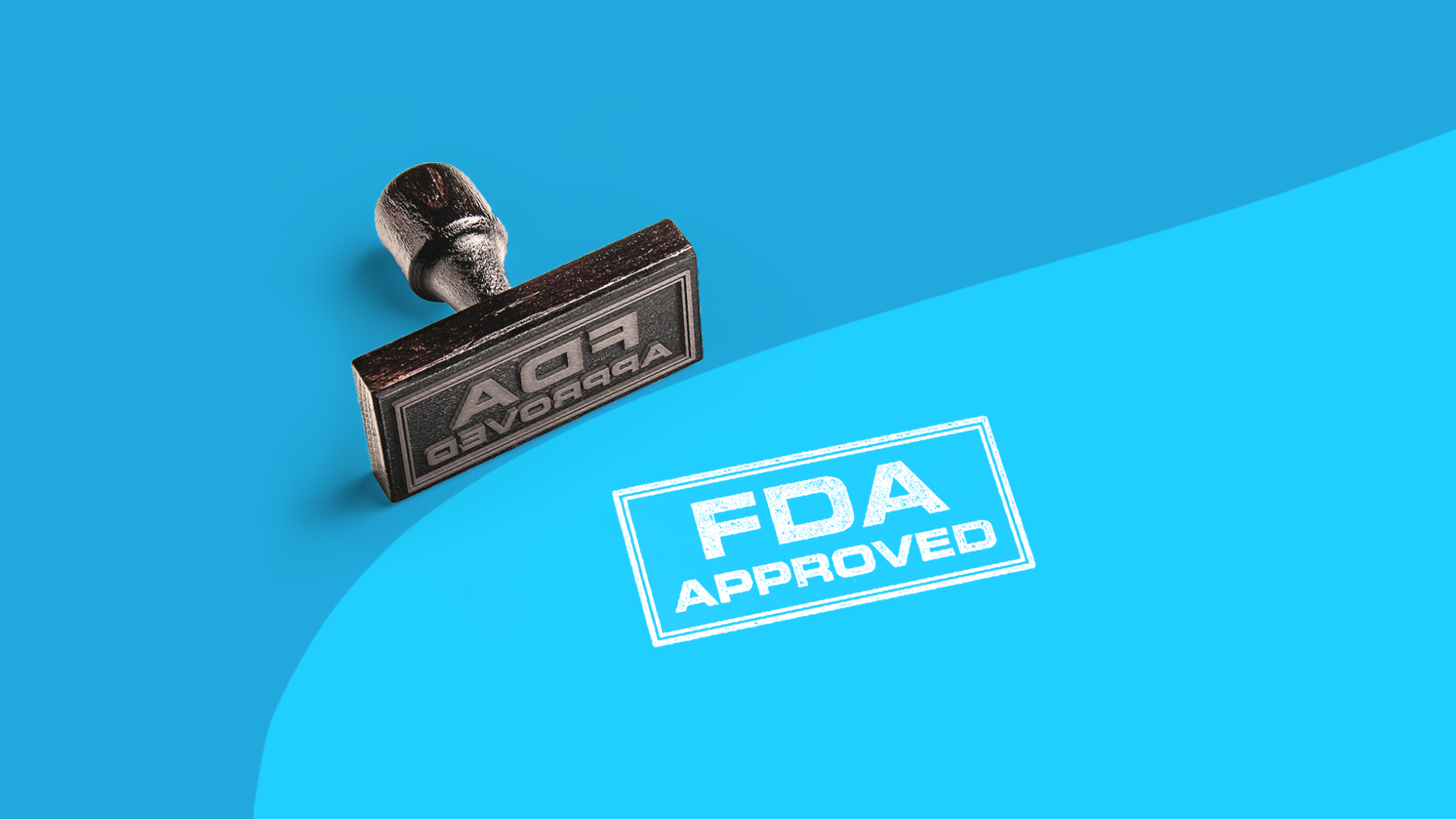The U.S. Food and Drug Administration (FDA) just approved Zepbound (tirzepatide) for chronic weight management. The injectable medication is a new version of Eli Lilly’s Mounjaro, which is approved by the FDA to control blood sugar in people with Type 2 diabetes. Studies show tirzepatide works as an effective drug for people with obesity or those who are overweight and have other health conditions. This approval is similar to when the active ingredient in Ozempic, semaglutide, was approved for weight loss under the brand name Wegovy. Zepbound will join the market by the end of the year at a slightly lower, yet still expensive price.
What is Zepbound?
Originally approved as Mounjaro, tirzepatide is a prescription medication used to help control blood sugar (along with diet and exercise) in people with Type 2 diabetes. It’s a glucose-dependent insulinotropic polypeptide (GIP) receptor and glucagon-like peptide-1 (GLP-1) receptor agonist. It improves blood sugar control, lowers glycemic levels, and boosts insulin sensitivity.
The FDA approved tirzepatide under the brand name Mounjaro in May 2022 for Type 2 diabetes. Zepbound, on the other hand, has been FDA-approved for weight loss. Comparable drugs Wegovy and Ozempic (semaglutide) are GLP-1 agonists that target receptors and stimulate insulin production. A recent study showed dieting patients lost up to a quarter of their body weight while taking Zepbound (when combined with diet and exercise)—more than Wegovy’s 15% of body weight during their 2021 study.
Zepbound is a once-weekly injection for chronic weight management in adults with obesity (a body mass index of 30 kg/m2 or greater). It can also be used in individuals who are overweight (body mass index of 27 kg/m2 or greater) with at least one weight-related risk factor such as Type 2 diabetes, high blood pressure, or high cholesterol.
The shot is administered subcutaneously (under the skin) in the stomach, thigh, or upper arm. Zepbound is expected to be available in the following doses: 2.5 mg, 5 mg, 7.5 mg, 10 mg, 12.5 mg, and 15 mg.
What are the possible side effects of Zepbound?
According to the FDA announcement, the side effects of Zepbound may include:
- Nausea
- Diarrhea
- Vomiting
- Constipation
- Abdominal discomfort and pain
- Injection site reactions
- Fatigue
- Burping
- Hair loss
- Gastroesophageal reflux (acid reflux)
Zepbound shares many of its side effects with Wegovy and Ozempic, including serious ones such as:
- Pancreatitis, or inflammation of the pancreas
- Gallbladder issues
- Kidney problems
- Suicidal thoughts or behaviors
- Diabetic retinopathy (retinal damage) in individuals with Type 2 diabetes
Additionally, the FDA announcement noted a few possible interactions patients should avoid if taking Zepbound: First, Zepbound should not be taken along with Mounjaro or a GLP-1 receptor agonist, such as Wegovy or Ozempic. Likewise, if already taking a medication that helps with secreting insulin (or taking insulin itself), it’s recommended you speak to your healthcare provider about lowering the dose to reduce your risk of hypoglycemia (low blood sugar).
Before taking Zepbound, you should also tell your healthcare provider if you have any of the following medical problems:
- Pancreatitis
- Kidney disease
- Gastroparesis
- Multiple Endocrine Neoplasia syndrome type 2 (MEN 2)
- Medullary thyroid cancer
- Type 1 diabetes
When will Zepbound be available?
Eli Lilly announced Zepbound will be available in the U.S. by the end of the year. The FDA gave Zepbound Priority Review and Fast Track designations to speed its time to market.
In the past year, Mounjuro faced shortages lasting into September. Zepbound’s approval by the FDA may not necessarily mean more access to the medication, as many healthcare providers were already prescribing Mounjuro off-label (meaning for a use not approved by the FDA) for weight loss.
How much will Zepbound cost?
Although celebrated for its effectiveness, Zepbound is slated to cost about $1,060 per month, according to Eli Lilly. Compared to Wegovy, which costs upwards of $1,800 per month (unless you have a SingleCare coupon), it’s cheaper, but not affordable for many. Mounjaro or Ozempic may be covered for Type 2 diabetes, but Zepbound and Wegovy often aren’t. Many insurance plans do not cover weight-loss medication.
RELATED: 4 ways to save on weight-loss medication
If you believe you may benefit from weight-loss treatment, talk to your healthcare about Zepbound and other options available.
Sources
- Tirzepatide for the treatment of adults with Type 2 diabetes: An endocrine perspective, National Library of Medicine (2022)
- Wegovy (semaglutide): a new weight loss drug for chronic weight management, National Library of Medicine (2022)
- Tirzepatide versus semaglutide for weight loss in patients with Type 2 diabetes mellitus: A value for money analysis, National Library of Medicine (2023)
- Wegovy (semaglutide): a new weight loss drug for chronic weight management, Journal of Investigative Medicine (2021)
- Mounjorno prescribing information, FDA (2022)
- Fast Track Status, FDA (2018)
- Priority Review, FDA (2018)
- FDA approves novel, dual-targeted treatment for type 2 diabetes, FDA (2022)
- FDA approves new medication for chronic weight management, FDA (2023)
- FDA approves Lilly’s Zepbound (tirzepatide) for chronic weight management, a powerful new option for the treatment of obesity or overweight with weight-related medical problems, Eli Lilly & Co. (2023)











